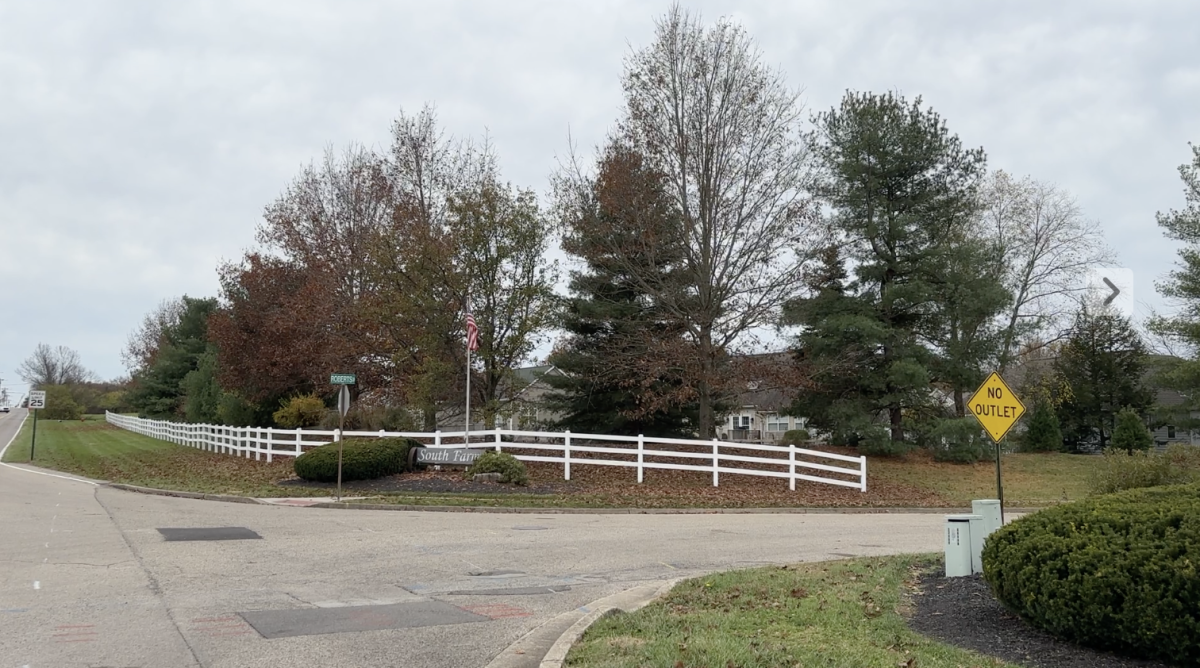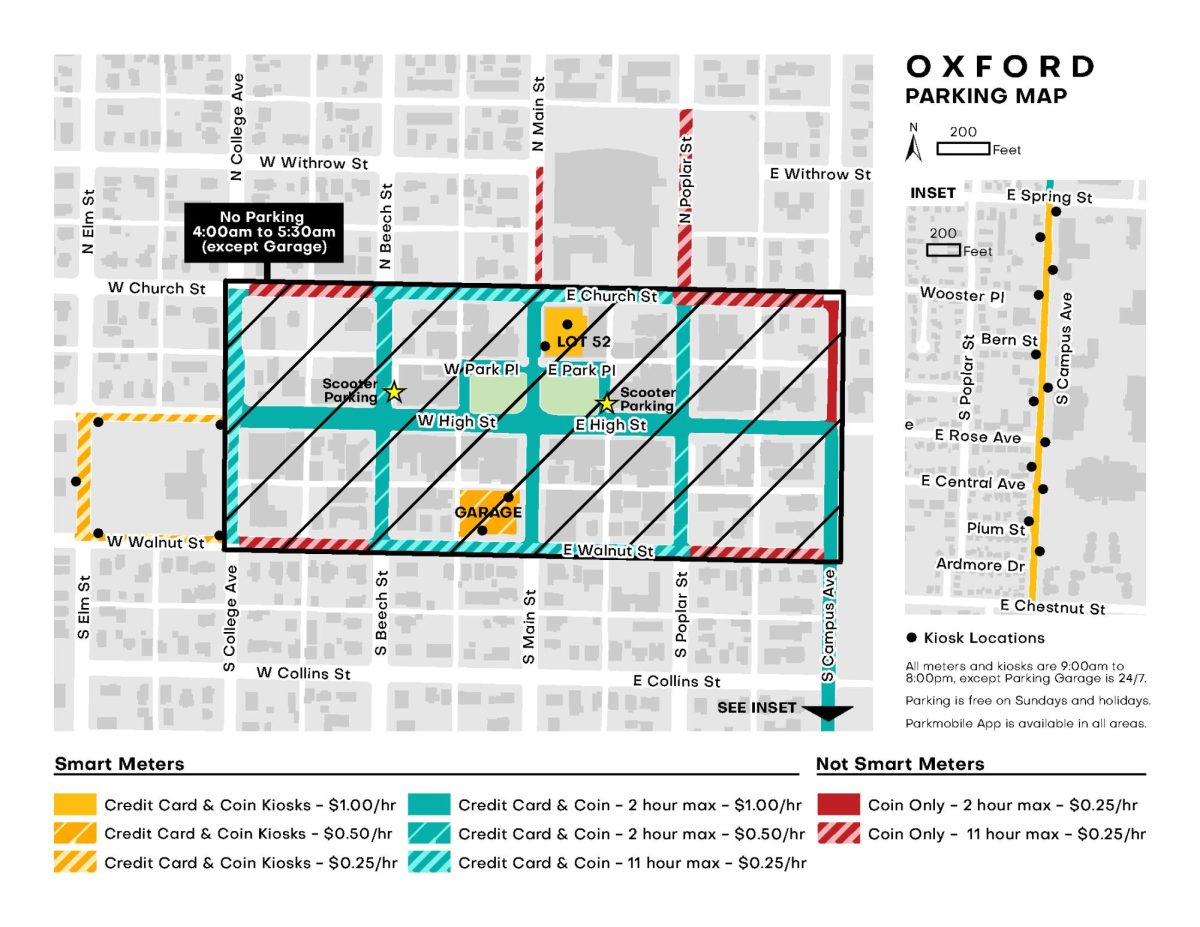A new city ordinance goes into effect Friday, Feb. 7, banning unsolicited flyers from being tossed in people’s yards. The legislation regulates where unsolicited written materials, such as advertising circulars, may be delivered on a person’s property in an effort to limit the amount of litter on the streets, driveways, lawns and sidewalks of Oxford.
Section 521.13 Unsolicited Written Materials will be the newest addition to Chapter 521 Health, Safety, and Sanitation of the City of Oxford’s Codified Ordinances. The section is modeled after legislation enacted in the City of Upper Arlington in May 2017, which prohibits the delivery of written materials by throwing items from vehicles, making it a form of littering, City Manager Doug Elliott told City Council at its Jan. 7 meeting.
The ordinance requires the placement of unsolicited written materials on a porch near the front door, securely attached to the front door, through a mail slot in the front door, between the exterior and interior front door (if unlocked), or a distribution box located on the premises. “It will not prevent the distribution but only the placement [of unsolicited written materials],” Elliott said.
While the city hopes to not use any enforcement action on the distributor of the advertisement circulars once the law goes into effect, the legislation includes both civil and criminal penalties for violation of this ordinance for both individuals and organizations.
In the City of Oxford where 68% of the occupied housing units are rentals with a transient student population occupying most of the units, this legislation is much needed, the city manager said. Many of these flyers remain where they have been tossed for weeks, especially in the summer months when much of the housing is unoccupied because students leave town for summer break.
Oxford resident Carla Blackmar, who is active in local environmental issues, spoke at the council meeting. She suggested distributors use an environmentally friendly option in rubber banding the advertising flyers instead of using plastic bags. The plastic is generally non-biodegradable and is a serious part of the litter problem, she said.





